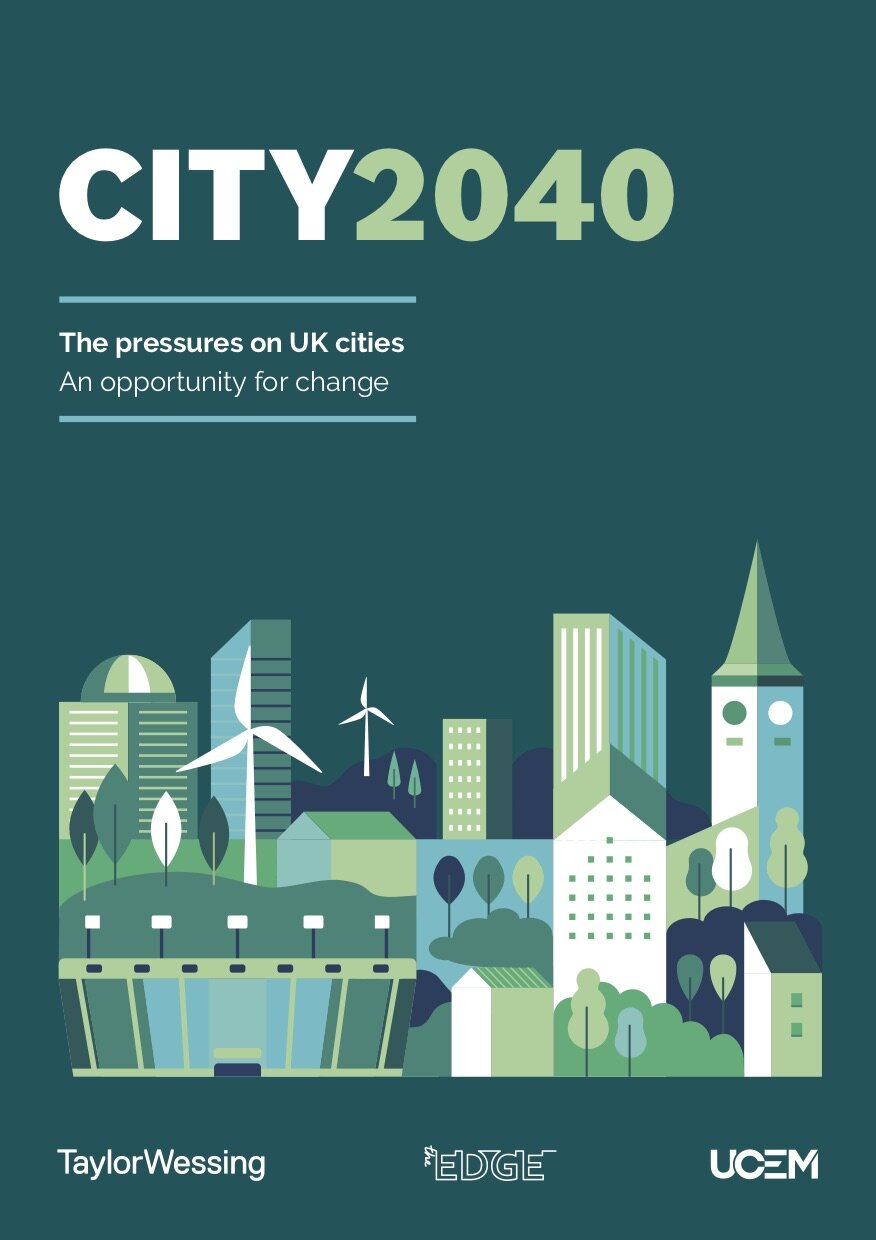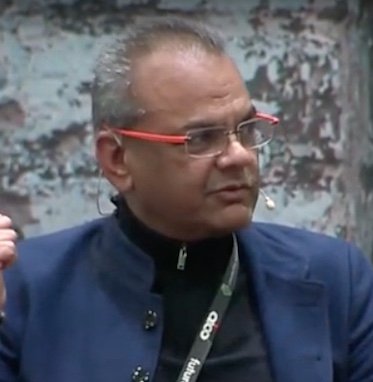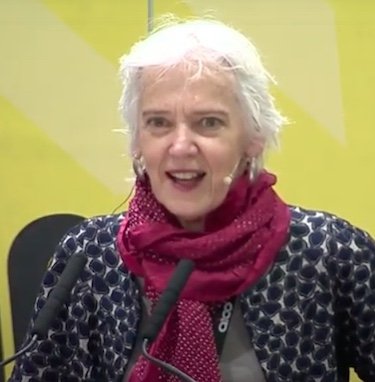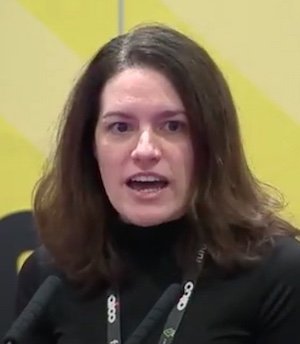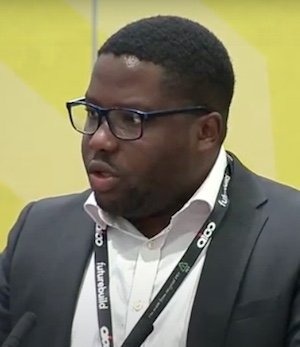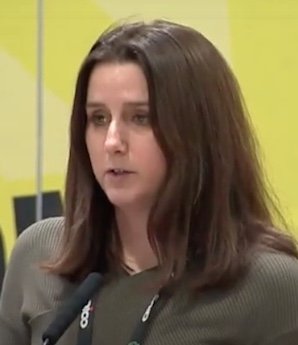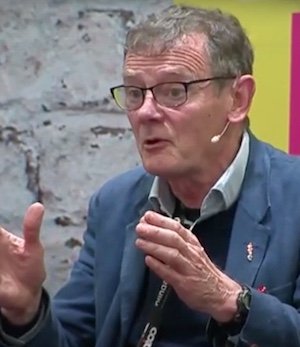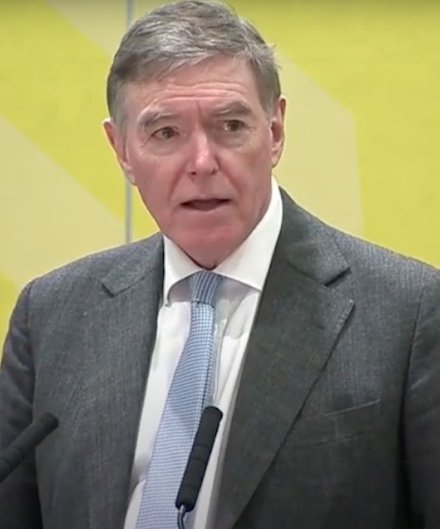Edge Debate 135 - Heritage & Net Zero: A wicked problem?
If you are interested in continuing the debate 'Heritage & Net Zero - A wicked problem?', please do so through the Bcause platform, developed by a team from the OU. You can sign up and add your ideas at the following link: https://bcause.app/discuss/debate/-NE1XlQht8qDqbnrZESU “.
We plan to let the discussion develop over the next 2-3 weeks in the first instance, and to work with the OU to bring out the key points and messages. At this stage, of course we can predict what will emerge from the exercise, but we will review the consolidated material to see how best this can be used to encourage the right actions by key stakeholders.
[If you would like to take a look at the Bcause platform, you can access it at: https://bcause.app/discuss/landing Alternatively, you can watch the following video Bcause.short video]
In England alone there are over 400,000 listed buildings as well as many hundreds of thousands more in over 10,000 conservation areas and areas identified as being of particular national and local significance. Many of these buildings are not iconic individual properties but homes and business premises in private or housing association ownership. They are often in locations where property values are relatively low and like all other buildings they need to be thermally upgraded if the UK is to meet its 2050 net zero target
Buildings in heritage settings face significant additional costs and constraints compared with the rest of the UK’s building stock, yet making good use of such buildings is essential from an embodied carbon as well as a cultural perspective. This won’t happen if they become unaffordable to either heat or improve.
Do the priorities of development and decarbonisation of such buildings need to be adjusted in the light of the climate emergency, the need for more homes and rising fuel costs and fuel poverty? Are we being too restrictive in the nature and extent of improvement works allowed on ordinary homes and business premises in heritage settings, especially works aimed at improving their energy and environmental performance?
In particular:
· Inconsistent application of planning policy and conservation guidance means that improvement proposals meet with widely different and unpredictable responses in addition to delays caused by the strained planning system.
· Buildings that are not on a net zero pathway are in danger of being down valued by finance providers facing their own targets for financed emission reductions.
· Cost of upgrades, which are always higher for properties in a heritage setting, are unaffordable for individual owners in low wage, low property value areas.
Chair: Steven Bee, Consultant and former chair of The Academy of Urbanism
Speakers : Paul Norman, Clarion Housing Group
Esther Robinson Wild, Robinson Wilde Consulting
Crispin Edwards, Historic England
Peter A. Cox, Carrig Conservation International
Anna Beckett, Symmetrys
Chris Jofeh, Consultant to Arup and Chair of the independent Decarbonisation of Homes in Wales Advisory Group
Online: Zoom
Timing: 17th October 2022, 17.00 – 18.30
Debate notes:
Presentations (downloads):
Further reading:
Links from the discussion:

